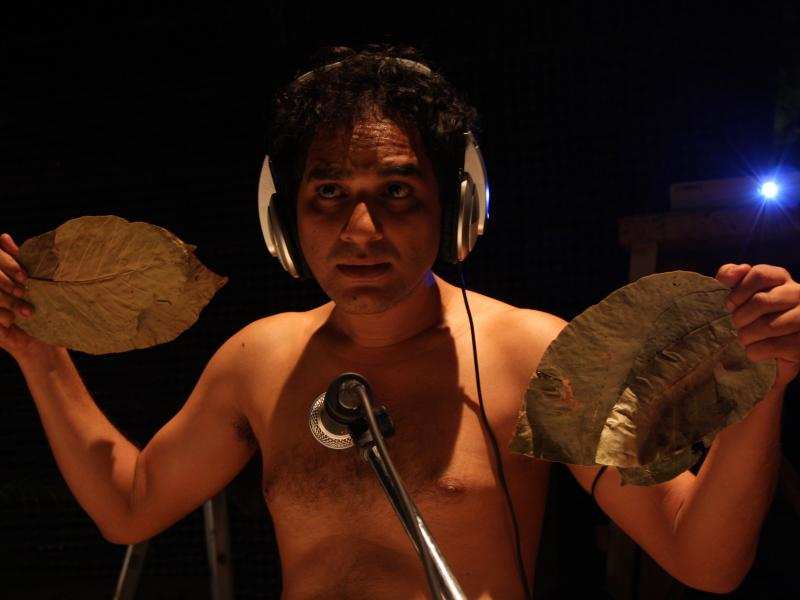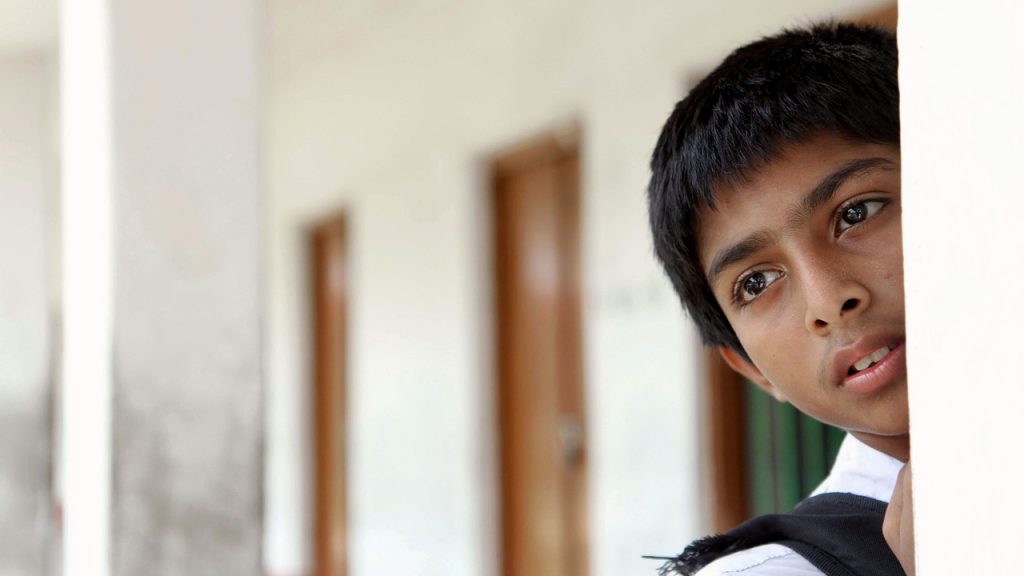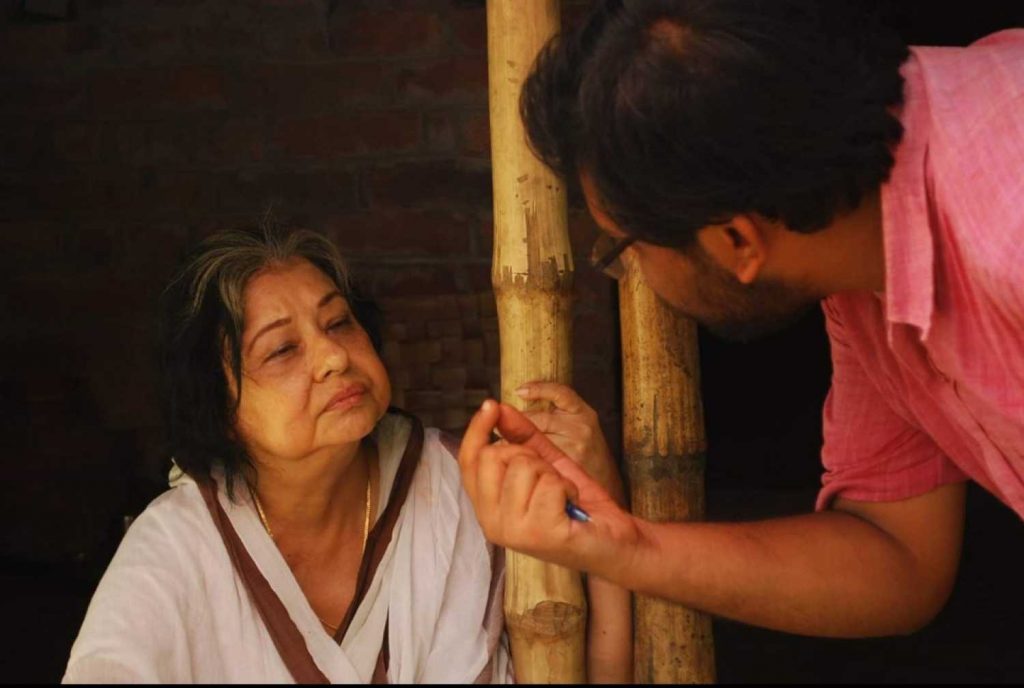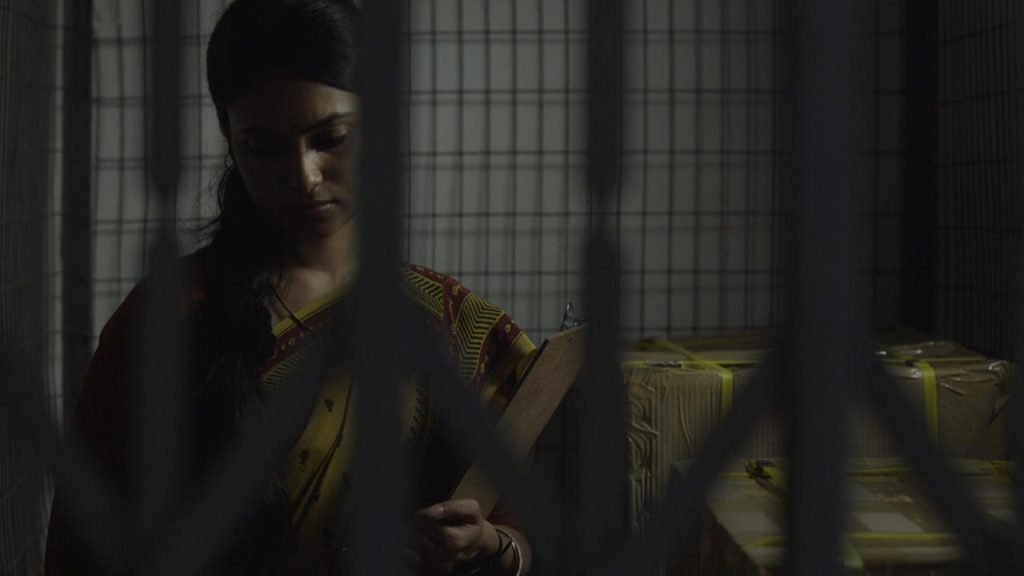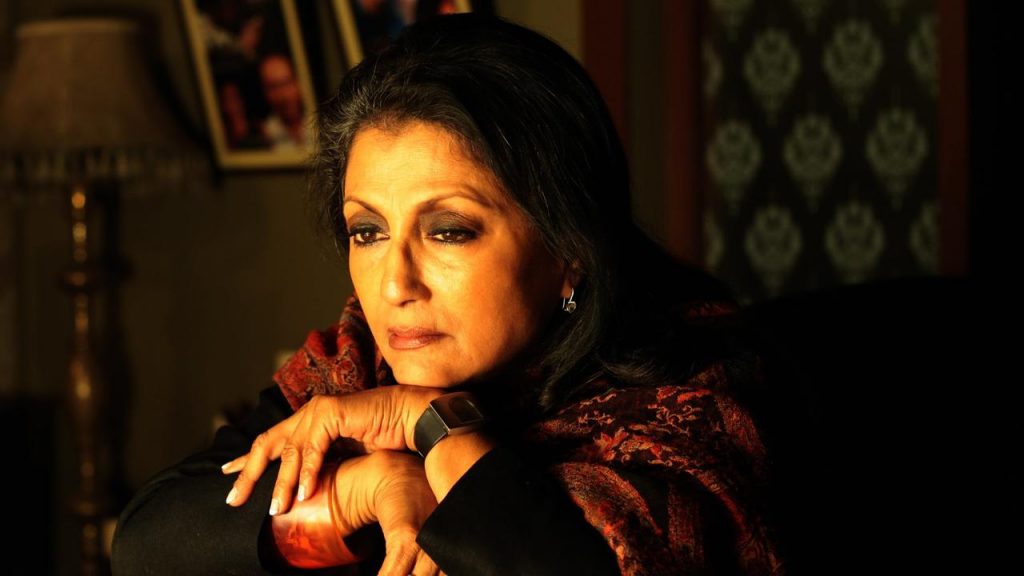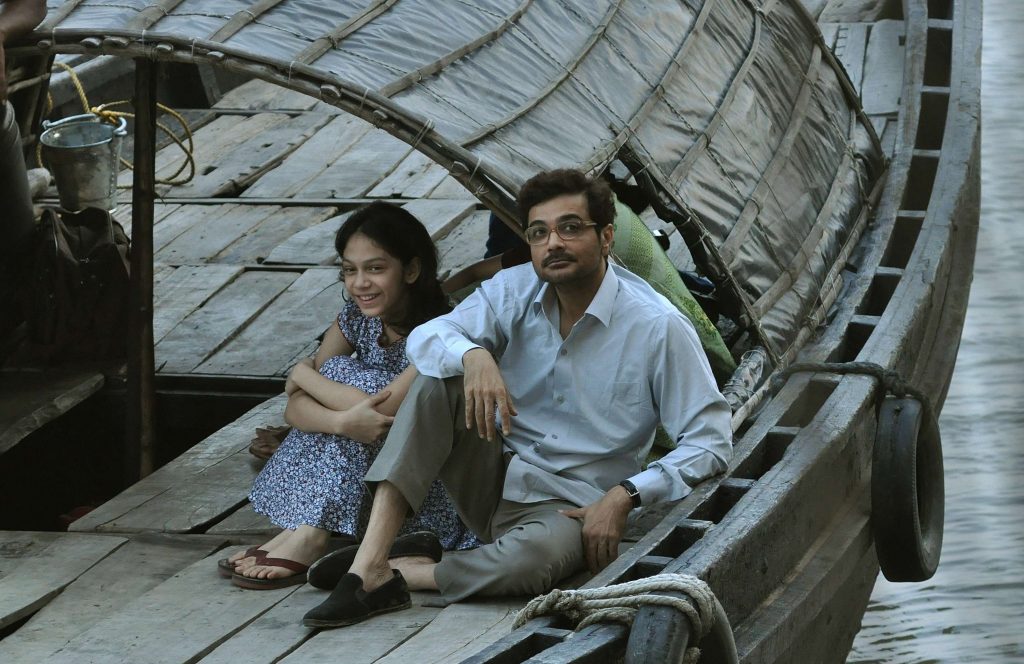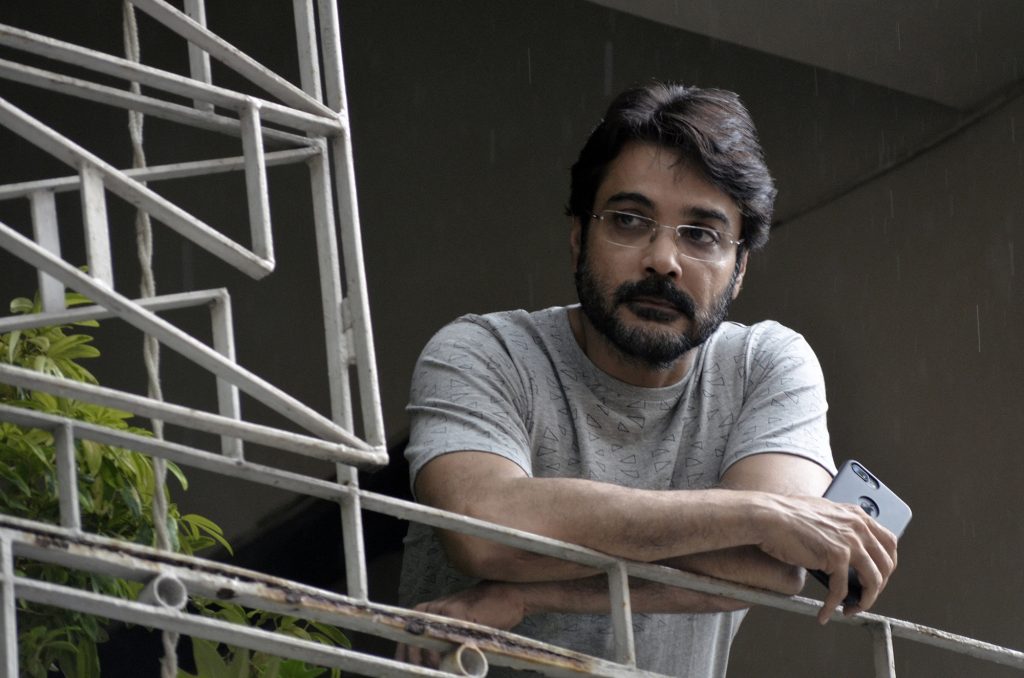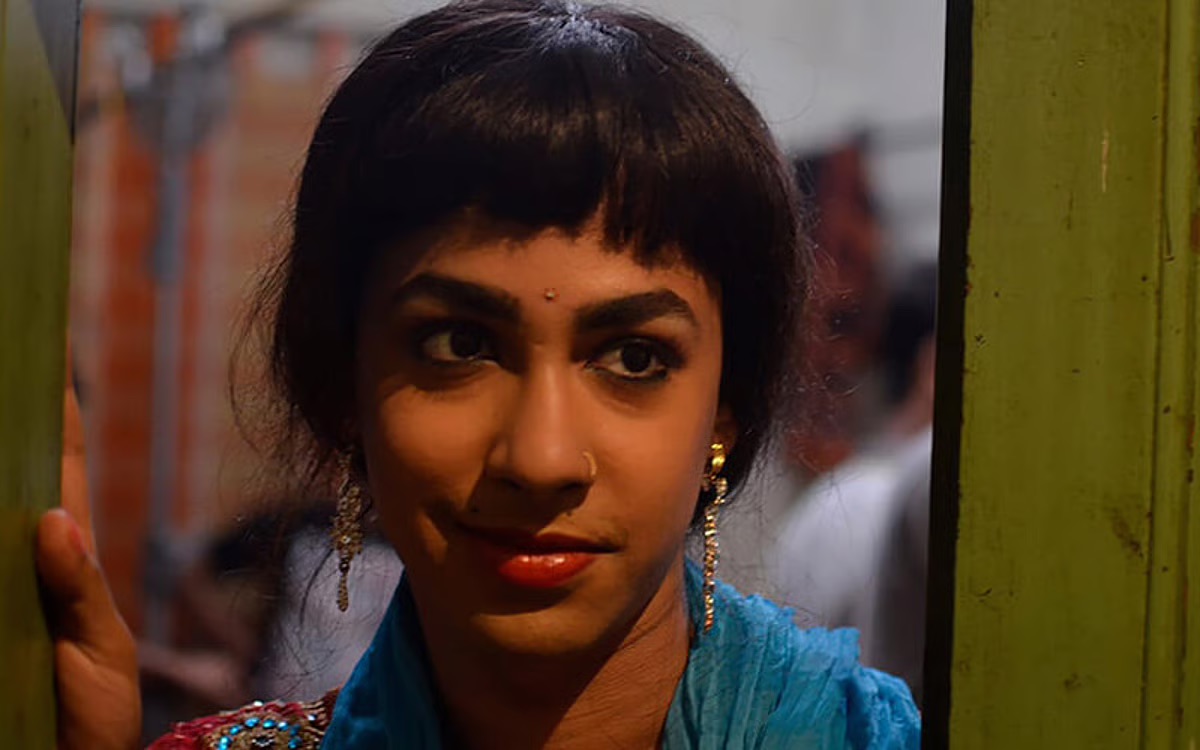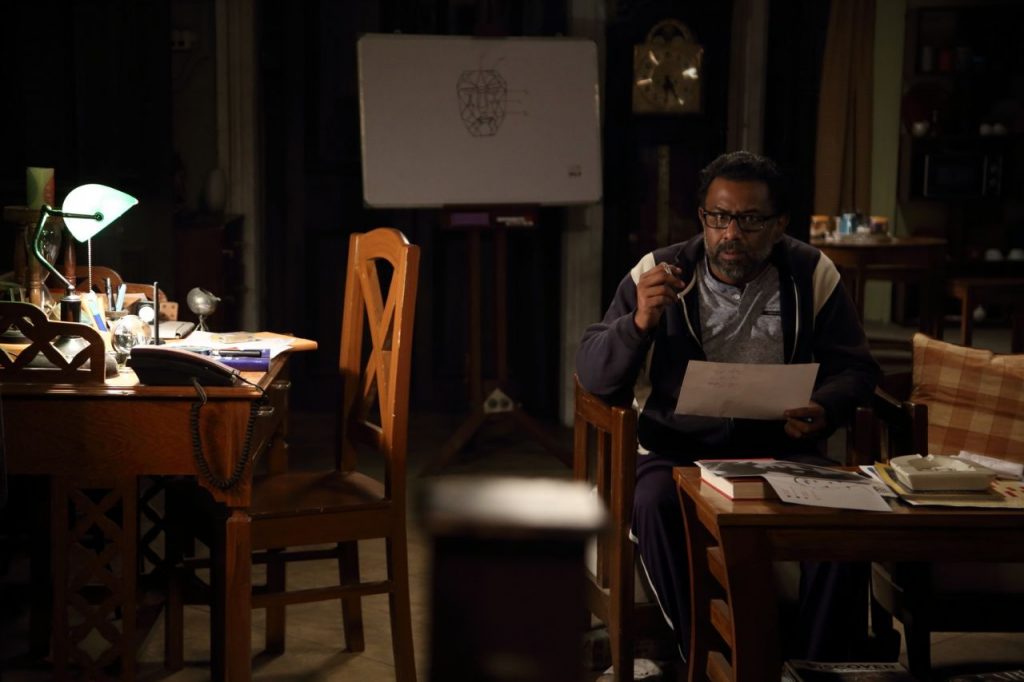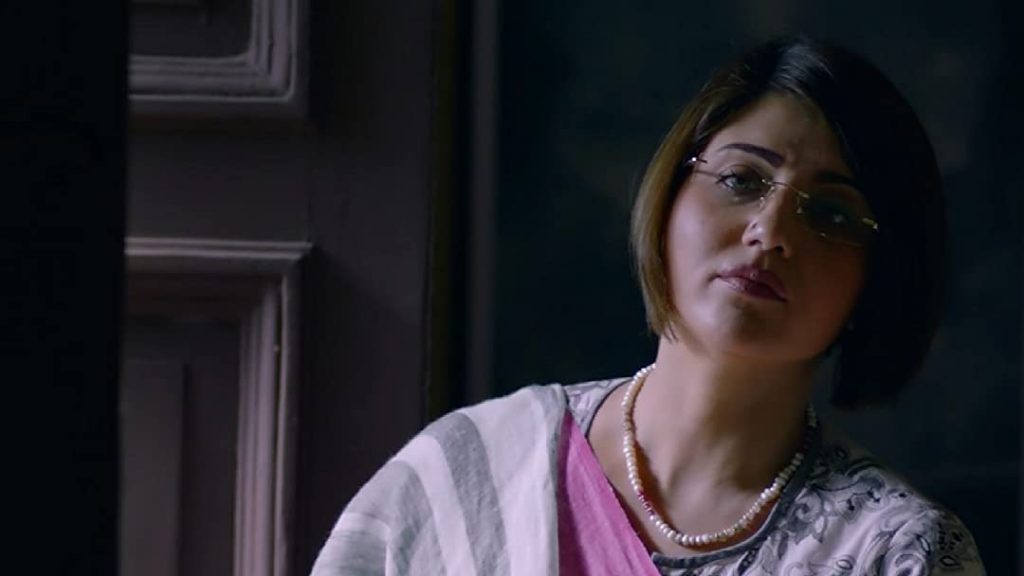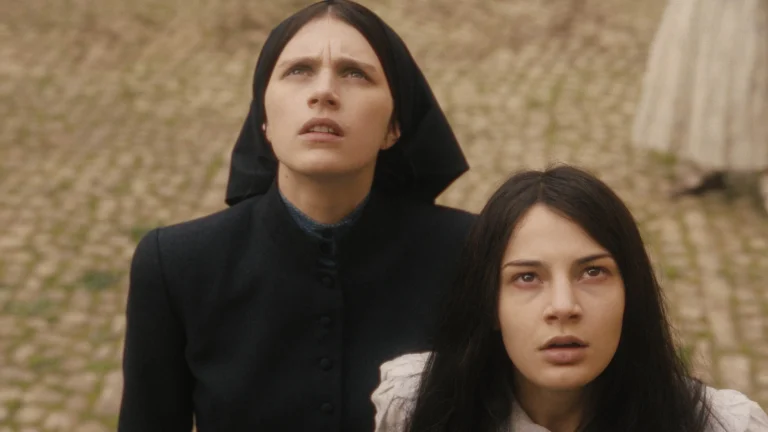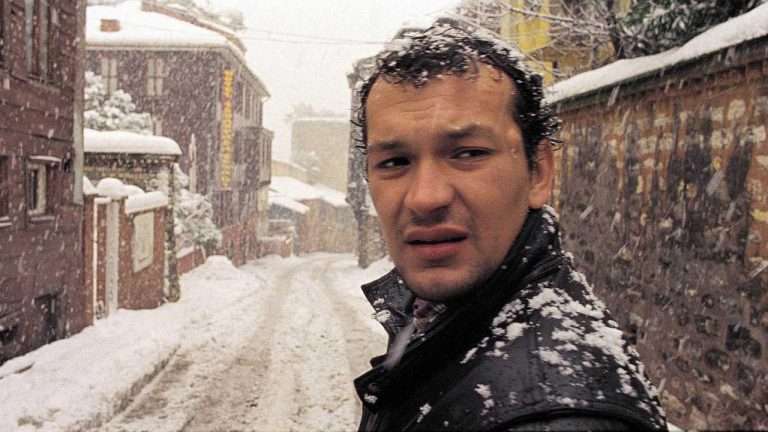In its long decades of existence, Bengali cinema has produced several gems that have strengthened the rich heritage of art and culture within our society. Like other film industries anywhere in the world, it has also seen good and bad times on the way. But it has learned to take all of them in its stride and move ahead robustly. One can argue that the golden age of Bengali films had freshness in terms of stories, contexts, and characters across time and individual films and demonstrated an innovative structure.
The triumvirate Ray-Ghatak-Sen took Bengali cinema to International audiences, and Gautam Ghosh, Buddhadeb Dasgupta, Aparna Sen, and Rituparno Ghosh carried the legacy forward, amongst others. At the same time, filmmakers like Ajay Kar, Tarun Majumder, Tapan Sinha, and other filmmakers from various decades made unparalleled contributions to uphold the prestigious status of Bengali cinema.
But one cannot deny that in the last decade, Bengali cinema has climbed new heights of glory, acquiring even global accolades. Representing a whole lot of different genres in its wake over the decades, it very well reflects the wide diversity of the country’s culture and ethos through its films.
This long journey would not have been possible without ample contributions from generations of filmmakers who did care enough to take the challenge of presenting cinema with intelligence to society from time to time. Being a regional language cinema industry with a comparatively specific number of audiences nationwide, it has been able to achieve for itself a respectful position in Indian cinema. This listicle, based strictly on my opinion and viewership, examines the creative endeavor of filmmakers who have helped Bengali cinema acquire a place of distinction, reiterated over time to date. Here are ten best Bengali movies of the last decade:
Shabdo (2012) | Kaushik Ganguly
The film captures the life of Tarak Dutta, played by the versatile Bengali actor Ritwick Chakraborty, who is a foley artist by profession. His obsessive commitment towards his profession results in a psychological imbalance, as he fails to connect with the actuality of the real world, and his mind starts registering only the Foley sounds.
Kaushik Ganguly, writer-director of the film, firmly grasps the milieu of the film that is propelled by a distinctive directorial style and an incredible performance from the lead character. The narrative design of the film builds a singular tension between silence, noise, and senses beyond the auditory world. Anirban Sengupta and Dipankar Chaki’s soundscape presents the deft handling of the technology of sound and its ramifications that have contributed to making this film an unforgettable aural experience.
Whereas, Ganguli’s offbeat idea on the obsession with ambient sound and its devastating effects on the life of a foley artist is a unique cinematic experience. The film won the National Award for the Best Bengali Film and Audiography for the year 2012.
Phoring (2013) | Indranil Roychowdhury
Indranil Roychowdhury’s debut feature film Phoring, which means grasshopper in Bengali, is the tale of the titular adolescent character, played by Akash Adhikari, who is infatuated with the charm and spirit of a newly recruited young teacher, Doel, played by Sohini Sarkar.
The fairly typical coming-of-age plot where an innocent boy discovers his sexuality, which leads him to a journey of self-discovery, is executed with wit and craftsmanship to synthesize the adolescent’s world of fantasy. Indraneel Mukherjee’s cinematography captures the remoteness of the rural township of North Bengal with utmost sincerity. Whereas Sumit Ghosh’s unhurried pacing helps the viewers to empathize with the fate of the protagonist.
At the 1st Filmfare Awards East for films released in 2013, Phoring won awards in four categories. Best Cinematography for Indraneel Mukherjee, Best Background score for Prabuddha Banerjee, Best Debut Actor for Sohini Sarkar, and Best Debut Director for Indranil Roychowdhury.
Bakita Byaktigato (2013) | Pradipta Bhattacharyya
Pradipta Bhattacharyya’s debut feature film Bakita Byaktigato (2013) is a deeply symbolic exploration providing a rare cinematic experience while delineating the inner conflicts and suffering of an individual set against the backdrop of his relationship with the surroundings. Parmit, played by Ritwick Chakraborty, had an unfulfilling experience in love and decides to make a documentary to quench his thirst to discover love.
Also, read – Bakita Byaktigato [2013] Review: Of Fantasy And Realism
In the process, he, along with his crew members, comes across a village where anyone who enters will fall in love. What happens next forms the crux of the narrative presented by the filmmaker with an unerring eye that details the trivia of village life through a calculated pace and rhythm, allowing the viewers to experience a true slice of a rural culture in Bengal. The film won the 61st National Film Awards for Best Feature Film in Bengali and earned the citation of a delightful film about the need for love in our cynical times.
Asha Jaoar Majhe (2014) | Aditya Vikram Sengupta
The film ‘Labour of Love’ (2014, dir. Aditya Vikram Sengupta) narrates the tale of a couple, played by Ritwick Chakraborty and Basabdatta Chatterjee, compelled to sustain their livelihood as their life is threatened by the perilous warnings of the recession taking place in the city of Calcutta. The entire film takes place within one day. The couple’s orderly, organized life, unruffled by the vagaries of their eventualities as well as existence, forms the spine on which the narrative framework of the film has been hoisted.
The couple’s separation understandably means they connect via objects at home, which denies them a voice, and with it, a character, as well as the absence of personality, makes them mere stand-ins for every man and every woman. There is no verbal communication or dialogue taking place amongst the characters of the film. Only sporadic uses of slogans, which have been meticulously used as an off-screen voice to depict a sense of the turbulent period of the early 2000s. It is interesting to note that the usage of music also forms an intrinsic part of the narrative.
Firstly, the film begins as well as ends with the music of the Shenai, which gives us a sense of marital bonding between the two characters of the film because playing the instrument is widely used as a symbol of a wedding.
Also Read: Neo-Kolkata Triptych: A Cinematic Inquiry of the Decaying Metropolis
Secondly, there is a musical score of the popular Bengali song ‘Tumi je amar, ogo tumi je amar,’ playing at the mid-point of the narrative as the husband is preparing to leave for work while the wife is getting ready to come home.
The very songs suggest a romantic bond between the two of them, and missing the physical presence of one another has become a part of their routine life. Work followed by home, and only in fantasy are they together. The film was bestowed with awards at various international film festivals of repute, such as the Venice International Film Festival, the New York Indian Film Festival, BFI London Film Festival, among others. At the 62nd National Film Awards, it won the Indira Gandhi Award for Best Debut Film of a Director and Best Audiography.
Chotushkone (2014) | Srijit Mukherji
A few of the major blockbusters in the Hindi film industry have been remakes of popular Tamil and Telugu films. Similar patterns have been followed by most of the mainstream filmmakers in Bengal, too. But at the same time, there are also a handful of mainstream filmmakers in Bengal whose films can boast of having the originality of the content and a clever directorial flair that plays a crucial role in drawing the viewers to the theatres.
Srijit Mukherjee has been one of the torchbearers of such kind of cinema, and his sixth feature film, Chotushkone, confirms his reputation as a filmmaker of repute and taste, who understands the pulse of his viewers. Chotushkone narrates the tale of four egoistic directors as they commence on a journey with a purpose to meet an unknown producer who has agreed to finance an anthology film, with four stories, connected with the common thread of death.
As the four principal characters arrive at an outlandish location to meet the producer, skeletons surreptitiously hidden in the cupboard of lies and deceit make their hideous emergence, thereby unraveling an embittered truth from the past.
Mukherjee’s masterful storytelling strategy creates a taut suspense thriller that weaves a sinister web around the journey and lives of four egotistical characters. Sudeep Chatterjee’s evocative camerawork exhibits a wide spectrum of space and time while effortlessly knitting the emotional fabric of the film. Mukherjee won his first National Award for Best Direction and screenplay, and Chatterjee won his first National Award for Best Cinematography.
Shankhachil (2016) | Goutam Ghose
Internationally acclaimed filmmaker Goutam Ghose’s India-Bangladesh joint venture, Shankhachil, is an evocative tale highlighting the theme of suffering humanity and individual plights divided by national borders. Adapted from a novel by Sayantani Putatunda, the screenplay of the film, written by Ghosh and Timer Baran, emphasizes how politics may divide people based on their religion and how borders between neighboring nations may set them apart.
But the strength of humanity overcomes such territorial limitations. The film tracks the slow, painful deterioration of places, communities, personal relationships, and traces many lives, many traumas, and many realities to show the viewers the experience that this world is. At the 63rd National Film Awards, Shankhachil won the award for the best Bengali film. Prasenjit Chatterjee won the Best Actor trophy at the Filmfare Awards East.
Mayurakshi (2017) | Atanu Ghosh
Sushovan, played by the late Soumitra Chatterjee, was once a professor of History with a brilliant track record. But now he is a fragile 84-year-old man suffering from dementia. His middle-aged son Aryanil, played by Prasenjit Chatterjee, visits him in their Kolkata apartment. Aryanil himself is going through a crisis in his life, but tries his best to confront the conflicts of his life with maturity. Sushovan’s housekeeper, Mallika, played by Sudipta Chakraborty, informs Aryanil that his father has been mentioning the name Mayurakshi lately, a person whose identity will unravel the theme of the film later within the screen time.
Struggling to navigate this muddied mélange of past and present, Soumitra gets into the skin of the character and delivers a performance that is both charismatic and empathic, sometimes within the same breath. Prasenjit gives a moving performance as a duty-bound man trying to rise above personal tragedy. Atanu Ghosh’s deftly written screenplay and direction provide a powerful commentary on the travails of aging in an urban milieu. The film won the National Award for Best Bengali Film.
Nagarkirtan (2017) | Kaushik Ganguly
Multiple award-winning filmmaker Kaushik Ganguly’s Nagarkirtan is an unusual and heartbreaking tale of a trans woman, Puti, played by Riddhi Sen, and a cis man, Madhu, played by Ritwick Chakraborty. During the day, Madhu delivers Chinese takeaway for an upmarket restaurant. And at night, he is a flutist accompanist for a kirtan choir. Whereas Puti is a part of an intersex group, who clap and sing at traffic signals to earn for livelihood.
It is one of the of the finest Indian films that deftly dealt with the transgender identity and how this community is perceived and accepted in our society. At the 65th National Film Awards, the film triumphed in four categories. Special Jury Award (Feature Film), Best Actor, Best Costume Design and Best Make-up Artist.
Related Read: The 20 Best Regional Indian Movies of the Decade (2010s)
Pupa (2018) | Indrasis Acharya
Indrasis Acharya’s Pupa deftly handles the concept of euthanasia and the idea of death with dignity. The narrative presents the viewers with social structures revolving around the concept of family and conventional societal structures and their inter-relationship. Pupa is a simple story of one man who moves the viewers with the humanity and logic of the character he is portraying.
Despite the evident logic and arguments to end a life with dignity, Acharya’s film depicts that it becomes quite difficult to apply logic in a world rooted deeply in customs and culture. At the Kolkata International Film Festival in 2018, Pupa won the jury award for Best Indian director and the best film award from the West Bengal Film Journalists’ Association.
Aami Ashbo Phirey (2018) | Anjan Dutt
The best way to approach Anjan Dutt’s ‘Aami Ashbo Phirey’ is to begin with the characters, because the wonderful, sad, touching film is more about its characters than about its story. This is one of those films of interlocking narrative strands, which never link but are yet interconnected.
True, they link for us, because we possess crucial information about the characters, but they never link for the characters, because they lack that information. To unravel the story of the film will be a disservice to the surprising elements embedded within the narrative. To arouse curiosity, I would like to sum up the film as a tale of multiple splintered souls daunted by the vagaries of social expectation, who continues to fight one battle after another.
Music forms the spine of the film, and Neel Dutt’s score highlights the cultural conflicts and personal anguish in the story with dexterity. Aami Ashbo Phirey is an emotional drama sans melodramatic tropes that underlines the therapeutic strength of music in the lives of the characters. The songs in the film embrace us in a way that cinema incites our desires and objectivity of existence.

